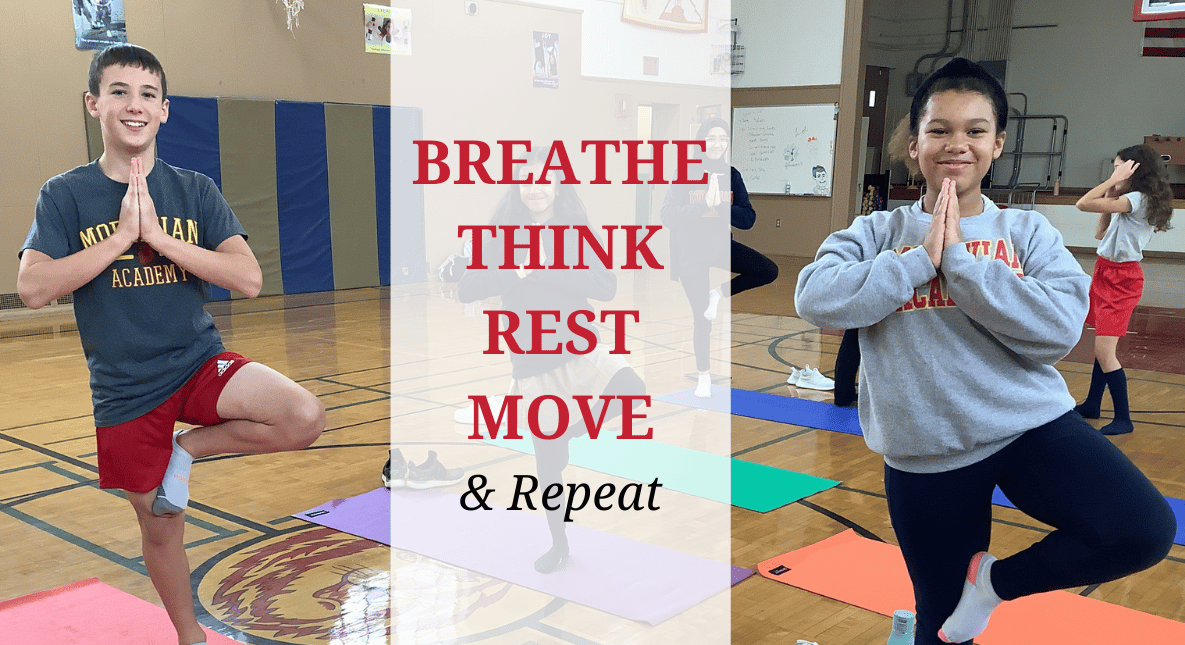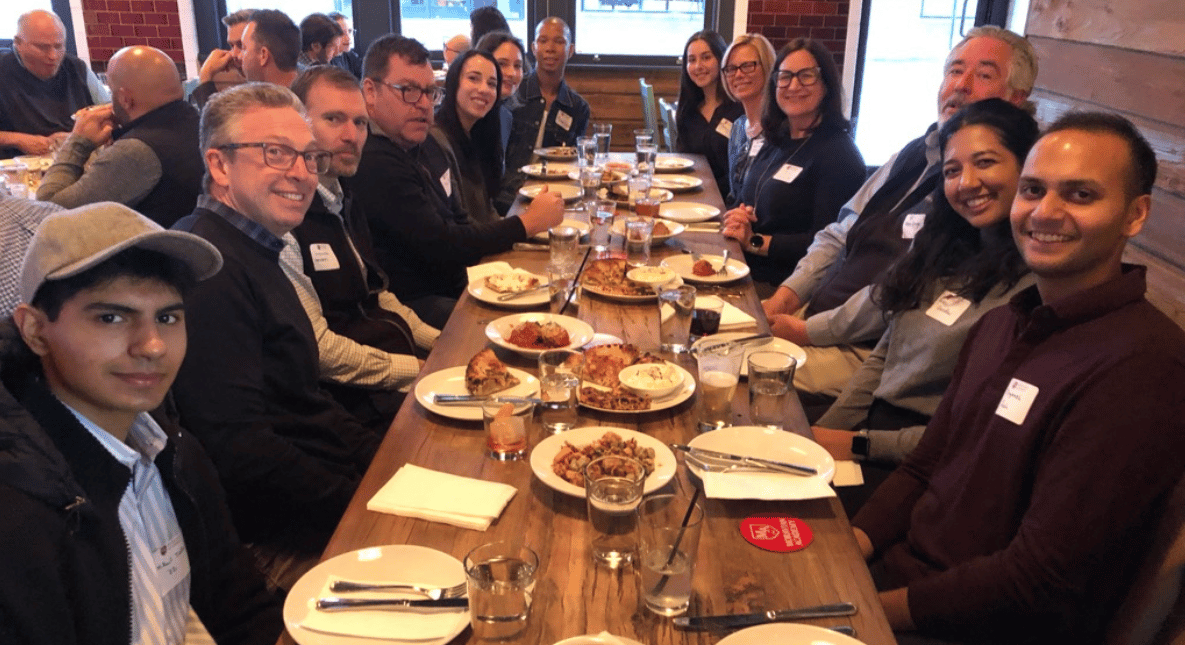Taking a Break and Developing 'Power Skills'
Anticipation is building on our campuses in advance of our spring break. The break from routine provides an important opportunity to recharge and rejuvenate.
All of us need periods from time to time to hit the reset button and give our bodies and brains the opportunity to engage in new activities and benefit from new perspectives.
 While our school breaks offer a planned change in the calendar, each of us can also find ways on a daily or weekly basis to offer our brains a similar opportunity to destress. We can’t just wait for school breaks to reduce stress in our lives. It needs to be something we attend to on an ongoing basis. In Cleaning Up Your Mental Mess, Dr. Caroline Leaf writes, “A messy mind takes a toll on your health. Constantly grappling with negative thinking, anxiety, or depressing thoughts leads to toxic stress. And it also lowers your immunity, putting you at a higher risk of disease. A number of studies indicate that close to 90 percent of conditions like cancer, diabetes, and heart disease are caused by toxic stress. Toxic stress also changes your gene structure and activity.”
While our school breaks offer a planned change in the calendar, each of us can also find ways on a daily or weekly basis to offer our brains a similar opportunity to destress. We can’t just wait for school breaks to reduce stress in our lives. It needs to be something we attend to on an ongoing basis. In Cleaning Up Your Mental Mess, Dr. Caroline Leaf writes, “A messy mind takes a toll on your health. Constantly grappling with negative thinking, anxiety, or depressing thoughts leads to toxic stress. And it also lowers your immunity, putting you at a higher risk of disease. A number of studies indicate that close to 90 percent of conditions like cancer, diabetes, and heart disease are caused by toxic stress. Toxic stress also changes your gene structure and activity.”
We know that the number one reason that our families enroll their children at Moravian Academy is so that their children will receive an extraordinary education that will prepare them for higher education and future careers. We are helping to shape young minds into curious and creative critical thinkers. In order for students to do their best work each day, however, they need to develop the resilience to deal with the daily stresses around them, which includes helping them build the social-emotional skills to navigate any number of challenges that are presented to them.
Some people call these “soft skills,” however I like to refer to them as “power skills” because they are essential to thriving in the complicated world we have today. In fact, human resource professionals worldwide agree that skills such as active learning, resilience, stress tolerance and flexible thinking will be most in demand in the future. We’ll explore the importance of power skill development more fully in future blogs, but for today, we’ll focus on building stress tolerance. Below are several skills that students (and adults) can work on that can help.
-
Breathe: One of the fastest ways to reconnect one’s mind and body is to pause and focus on the breath. In weekly meetings with the leadership team at my former school, we started each meeting with a short mindful breathing exercise. It helped us calm our minds, focus, and connect so that we could collaborate with love and intention during a stressful time. We don’t have to have a pandemic, though, to benefit from breathing exercises. It is available to us anytime. In fact, many of you might even have a tool on your apple watch that will take you through a quick, one minute breathing exercise. Personally, I love it!
-
Actively work to access your nonconscious mind: Thoughts are powerful. Many of us believe in the healing power of prayer. We send positive thoughts someone’s way to express love and support. Thoughts can also send us in another direction, that is less helpful. Dr. Leaf writes, “Thoughts rooted in the nonconscious mind trigger physical and emotional signals in the subconscious, such as anticipation or a nagging feeling. Then when thoughts reach the conscious part of the mind, we become fully aware of them, and they manifest in our words and actions.” Our mind is energy that comes through our thoughts, feelings, and actions. We can manage the them through accessing the nonconcious mind. Meditation and prayer are great ways to gain access.
-
Sleep: I call sleep the great “reset.” It is essential for our brains and bodies to function well but we often deprive ourselves of what we need most. We all need different amounts of sleep but experts tend to agree that about 8 hours is optimal for most people. We could probably make the world a much better place to live in if we all took care of this important natural medicine.
-
Movement: A friend of mine once told me that “sitting is the new smoking”-- ouch! That was hard to hear. And haven’t we heard over and over again how important physical activity is? And yet, we struggle to build it into our busy lives.
We want to give our children everything we can to help them develop into amazing human beings. Sometimes what they need is exactly what we all need. While these four suggestions are not comprehensive, they are simple– and powerful. Attending to them on a regular basis, not just during a “break” will make a difference at the cellular level, strengthening our children’s brains so that they can become limitless learners and reach their unique potential.


 myMA
myMA





.png)





